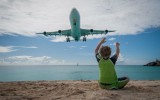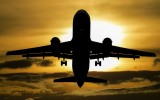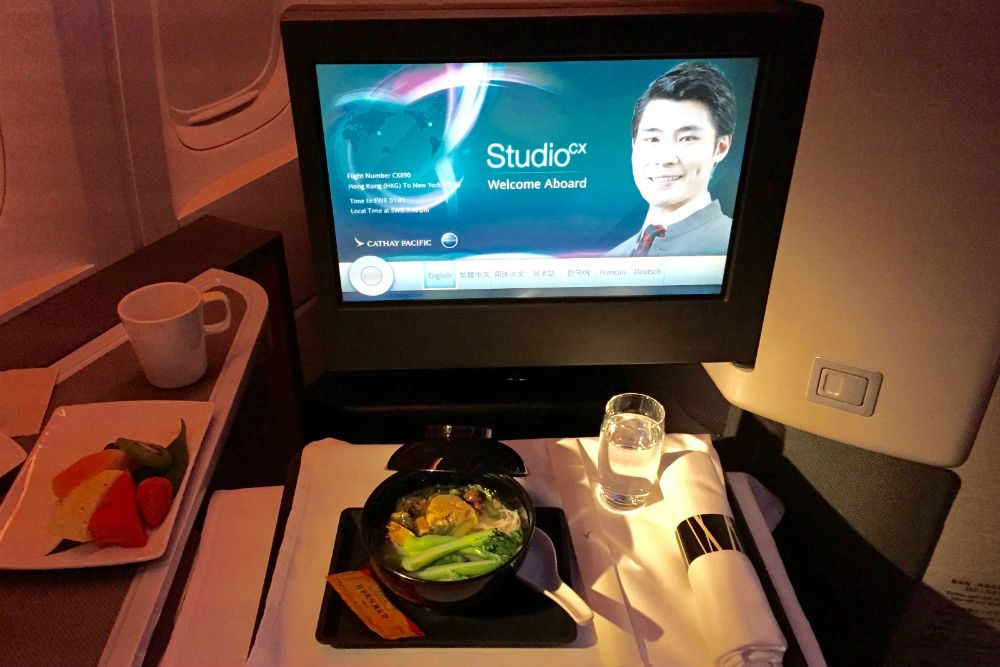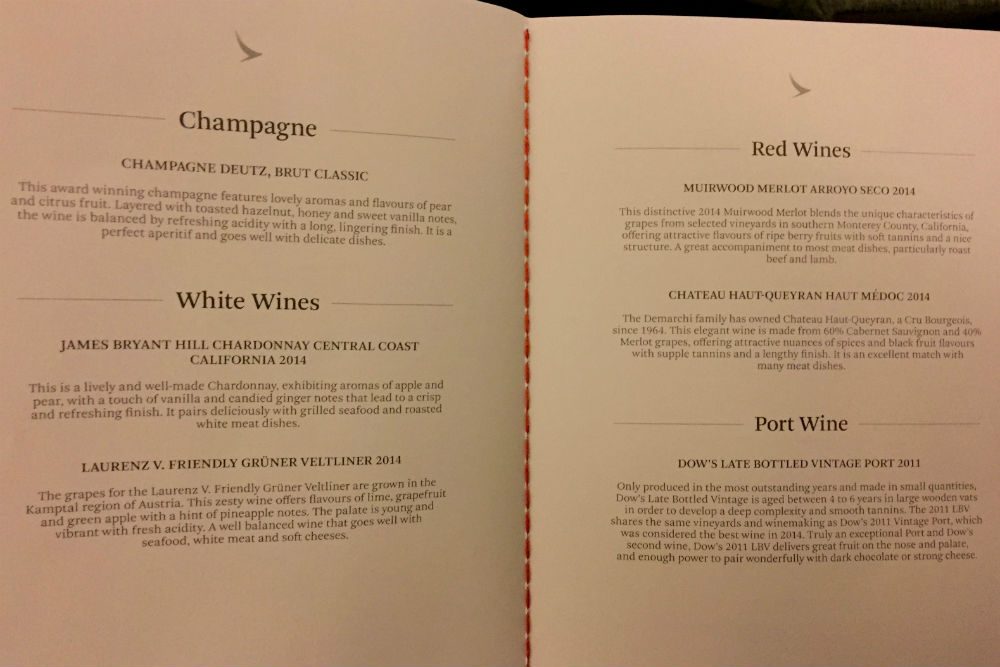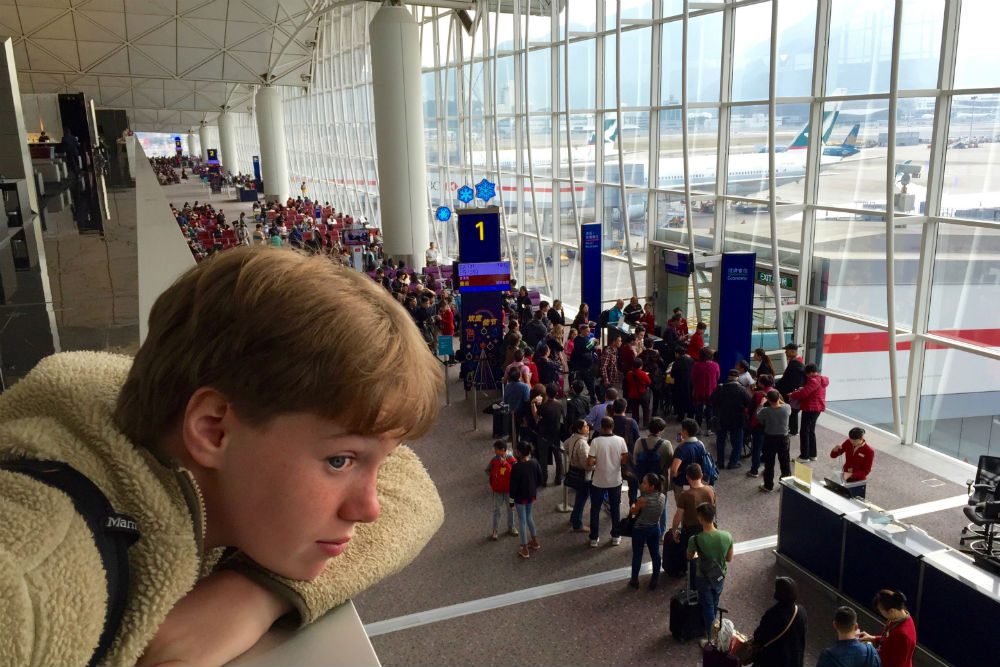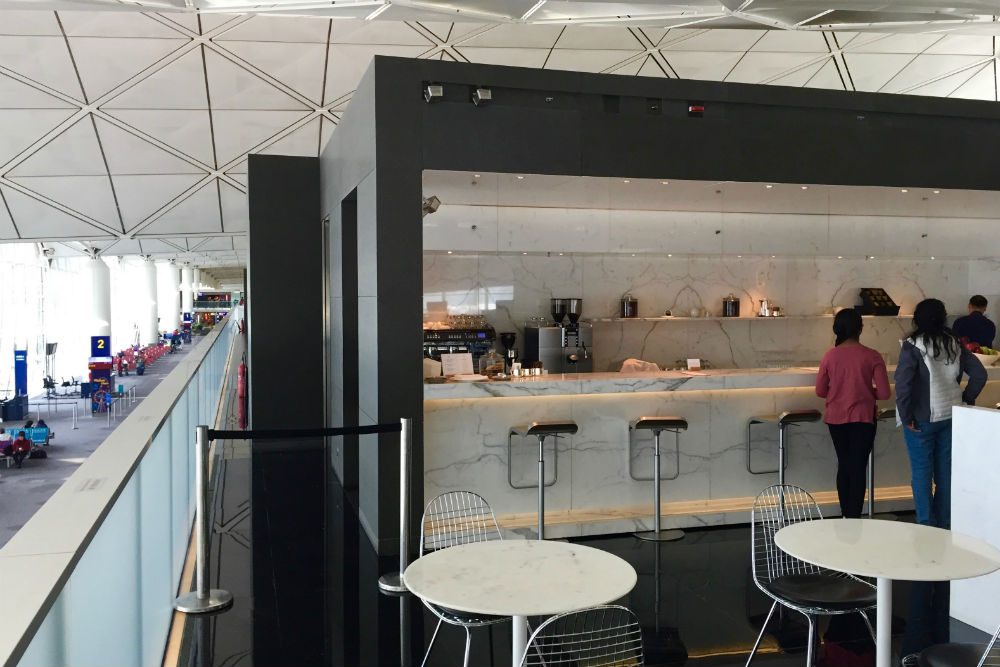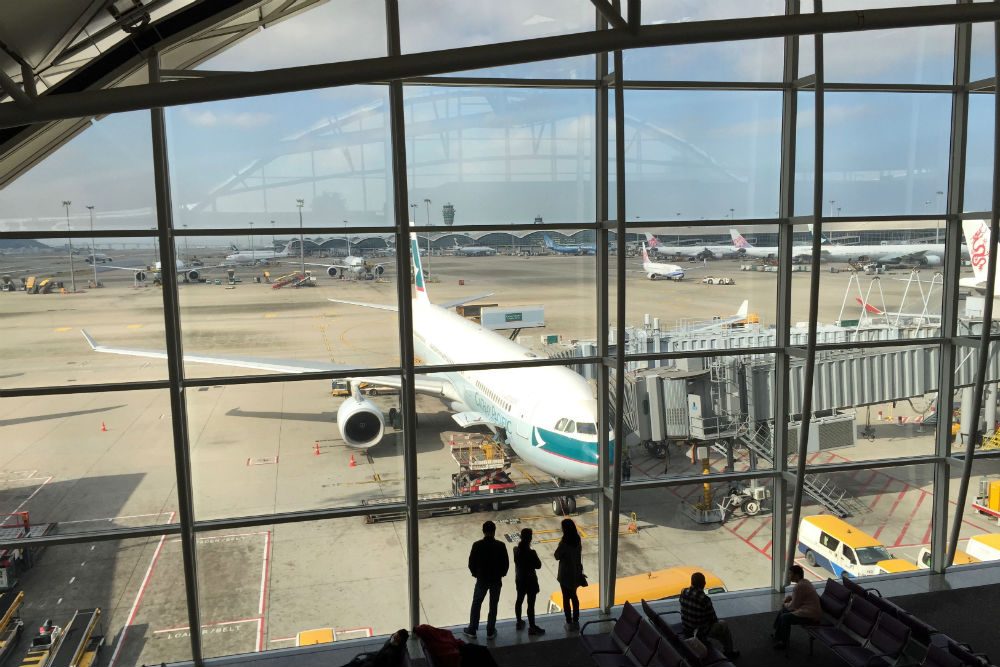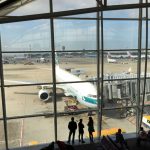It’s that time again where I get to look into my crystal ball and see which airline trends will make news in the coming year. This year, my list isn’t quite as rosy as it was last year. But it’s not all bad news. Read on to see what’s coming in 2019.
1. More international routes from mid-sized U.S. cities
This trend was on the list last year, as airlines raced to add flights from interior U.S. points to Europe, as well as from small European points to the U.S. That trend continues in 2019. American blazed a trail by adding Philadelphia to Prague and Budapest last year, but next summer it digs even deeper with flights from Philadelphia to Dubrovnik and Bologna. Last year, British Airways went small in the U.S., with flights from Nashville to London. Those flights have done well, and now BA is going even smaller with flights from Pittsburgh and Charleston, South Carolina. As long as the economy remains strong, expect this trend to continue.
2. The fall of Iceland and the rise of Portugal
Iceland has been a hot tourist destination for some time now, and both stalwart Icelandair and upstart WOW Air have been pumping travelers to and through the country on the way to the rest of Europe. Capacity has grown far too quickly, and both airlines have been suffering. A recent proposal for Icelandair to acquire WOW fell apart and WOW has been teetering on the edge of solvency. WOW has already shrunk significantly, and I’d definitely expect to see even fewer seats from fewer U.S. cities. Meanwhile, TAP Air Portugal has been trying to grow its business as another gateway to mainland Europe. Up until now, it has had only limited gateways into the U.S., but expect that to change. TAP has new airplanes on order, and it recently announced three new U.S. gateways to Lisbon: San Francisco, Chicago, and Washington/Dulles, all launching in June. Keep that in mind if you’re looking for a place to spend a few days.
3. The incredible shrinking lavatory
You may have noticed things felt a little more snug the last time you stepped into an aircraft lavatory. Don’t worry—it’s not that you ate too much on that cruise. Both Boeing and Airbus have come up with space-saving lavatories primarily for short-haul aircraft. In these bathrooms, the sink extends further into your personal space, making more room for more seats in the cabin. How can you avoid these? Well, drink less water, so you won’t need to go as often.
4. More long-haul flights
If you thought that last flight to Tokyo was long, just wait until you see some of the newest flights being launched. Aircraft are increasingly being built with more range, and airlines are taking full advantage. Qantas opted to stretch the legs of its 787 fleet with the first nonstop flight from London to Australia. Granted, it’s from Perth and not Sydney, but Qantas has already asked for an airplane with enough range for that flight. The Gulf carriers (Emirates, Etihad, Qatar, and Turkish) have always operated long flights, but Singapore Airlines now tops them all. With the delivery of its new A350-900ULR (that’s Ultra Long Range) aircraft, Singapore has been able to re-start nonstop service from Newark to Singapore. That’s in addition to new service from Singapore to LA, San Francisco, and soon, Seattle.
5. Basic Economy spreads basically everywhere
It’s been a few years since the Basic Economy concept rolled out domestically in the U.S. Basic fares generally allow no changes and no advance seat assignments, and on occasion they don’t allow carry-on bags either. There are other restrictions as well. The upside? They cost less than a full coach fare. This fare strategy was originally isolated to the U.S. market and then spread into other parts of North America. Now it is catching on with more airlines. Alaska Airlines will have its version of Basic Economy rolled out for travel in 2019. And JetBlue has said it will follow. If you’re flying internationally, you might think you’re immune to this, but you’re not. We’re now seeing more of these fares head into the transatlantic market. The big three U.S. airlines and their European partners all have a form of Basic Economy flying over the water. Be careful to understand the rules when you buy your ticket.
Brett Snyder is President at Cranky Concierge, a service that Wendy recommends to WOW List travelers seeking the savviest help with international airline travel. Brett’s service ferrets out the smartest routes and fares, monitors your flights, and provides emergency rerouting assistance if your flight is delayed or cancelled. We asked him to talk about 2019’s biggest air travel trends and what you need to know about them.

